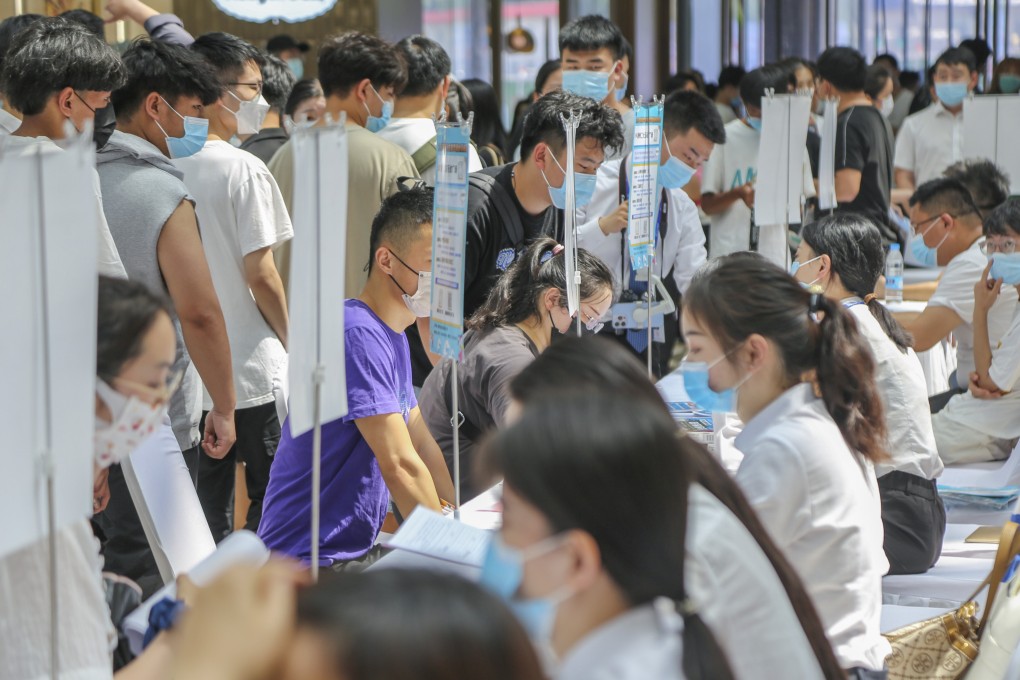China’s Gen Z, millennials prefer to save not spend as Covid-19 increases ‘sense of preparedness’
- Survey finds that 40 per cent young people in China save every month, with just under a third saving over 50 per cent of their monthly salaries
- Coronavirus-induced economic downturn has clouded their outlook, with a record high level of youth unemployment also increasing the desire to save rather than spend

Driven by a growing sense of unease and uncertainty, some young people in China are saving over 50 per cent of their monthly salaries to “prevent emergencies”, including unemployment and illness.
The coronavirus-induced economic downturn has clouded their outlook for future income and careers, tilting the balance from consumption to savings, according to a survey released this week.
Only 6.9 per cent of the 2,200 people aged below 40 across China polled by online tech news platform youth36Kr said they do not save, while 40 per cent save on a monthly basis.
“The percentage will increase as my income increases,” said Li Mingyang, a trainee at a securities firm in Shenzhen, who saves 30 per cent of his monthly salary.
The coronavirus has really increased my sense of preparedness
Li, who graduated this year with a master's degree in finance, keeps a small part of his savings in his bank account and uses the rest to buy gold and life insurance products in the hope of receiving higher returns.